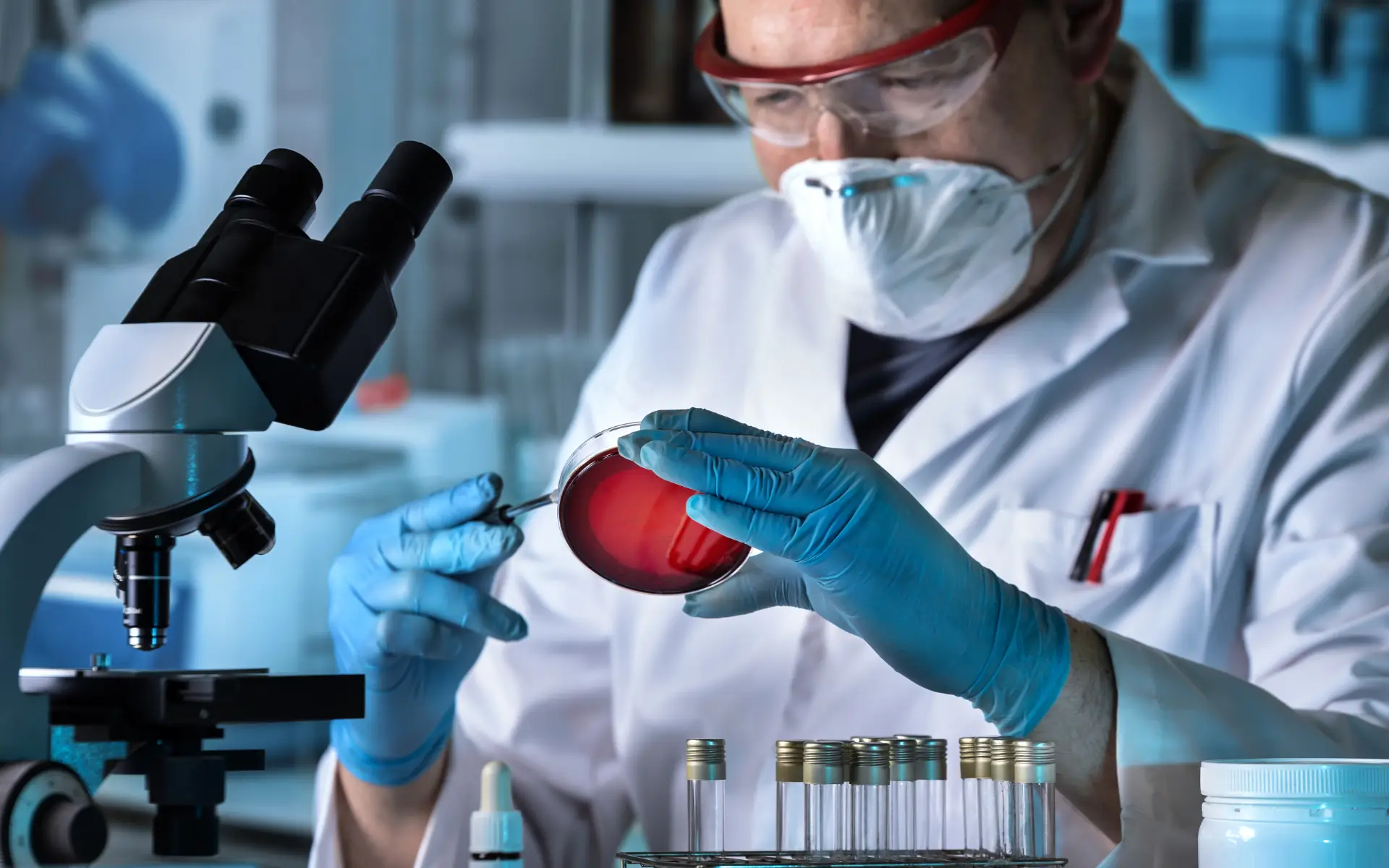
In a world where antimicrobial resistance poses a significant threat to global health, scientists are seeking innovative solutions. One such project is underway at the University of Strathclyde and its partners, aiming to revolutionize drug production by utilizing food waste.
This groundbreaking initiative is a collaborative effort worth £1.1 million, backed by the University of Strathclyde, the University of Surrey, and GSK. The project’s primary aim is to make antimicrobial production more cost-effective and sustainable, significantly addressing antimicrobial resistance.
The researchers are turning to bacteria, specifically Streptomyces, known for their drug-producing potential, including antimicrobials. By leveraging food waste, the team envisions developing a less carbon-intensive process for biomanufacturing.
This innovative approach could potentially lead to the creation of various medications, including anti-cancer, anti-parasitic, anti-fungal, and immunosuppressant drugs. The process aims to be greener, less carbon-intensive, and not competing with the food chain, contributing to cleaner growth.
Prof. Paul Hoskisson, the project lead, emphasizes the urgency of this endeavor: “The use and exploitation of sustainable industrial feedstocks for fermentation bioprocesses is a major challenge in industrial biotechnology.”
The project employs engineering biology techniques to direct antimicrobial-producing bacteria towards using food waste. This method bypasses the need for expensive, food-grade feedstocks, ensuring high-value drugs are still produced while utilizing sustainable by-products.
Prof. Claudio Avignone Rossa of the University of Surrey highlights the global threat of antimicrobial resistance and the importance of innovative drug development and production approaches.
“Pathogens that have become resistant to antibiotics can limit our ability to treat common infections. Antimicrobial drugs are available; however, their development and production are costly. We need to think innovatively and use our knowledge of bacterial metabolism to overcome this problem.”
The future holds great promise for this project, as it sets a new precedent for sustainable drug production. With the increasing threat of antimicrobial resistance, such innovative approaches are more crucial than ever.
